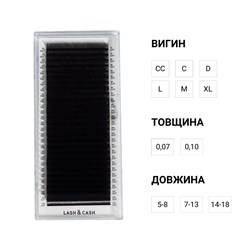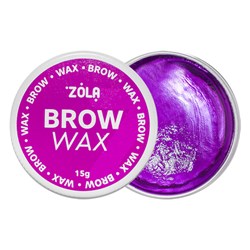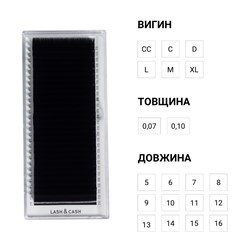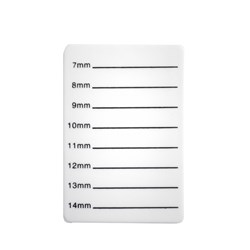Agujas, cartuchos y puntas
Lo sentimos, pero no se han encontrado productos que coincidan con sus criterios.
Pruebe con otro término de búsqueda.
Agujas para el tatuaje por hardware de cejas, labios y párpados
Permanent makeup is a combination of safe pigments, European equipment, the experience of the master, and the needle. The needle is the main tool of any tattoo artist during the session.
The task of the needle in creating makeup is to penetrate through the protective layer of the epidermis and introduce pigment into the upper layer of the skin with minimal damage. Therefore, it should be:
- High quality. Gone are the days when needles were made from thorns. Steel was invented at some point. Nowadays, needles for permanent makeup are made from this material (although today they are sold as gold and titanium ones made from various alloys). They are sharpened, polished with lasers (which precisely introduce the pigment under the skin), sterilized, and packaged in individual packaging. The painlessness of the procedure and the final result directly depend on the quality of the needle.
- Sharp. Special needles are used for permanent makeup, which are sharpened to be "pencil-like," as the procedure is performed on the face—a body area with a higher pain threshold. This makes the tattooing virtually painless. During the procedure, longer needles are also used, which penetrate deeper into the skin, prolonging the durability of the pigment and reducing the need for frequent session repetition.
Additionally, keep in mind that any contact of the needle with a non-target object will lead to its blunting, complicating penetration into the epidermis, which will result in further microtrauma.
- Sterile or disposable. To avoid infections, every tattoo salon today must adhere to sanitary standards. Disposable needles are used to avoid dealing with sterilization. They do not require disinfection. The master simply needs to take them out of the packaging and insert them into the tattoo machine. In many salons, several needles are still used, which are sterilized after each procedure: washed with an antiseptic agent, rinsed with water, dried at a temperature of 120-140°C, and then placed in packaging. Store such needles in a well-ventilated place with low humidity to avoid rusting.






















